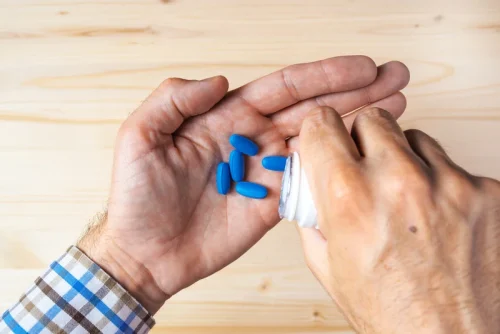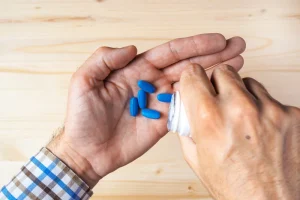The goal is to slowly allow a person’s body to become used to lower levels of the substance while minimizing drug withdrawal symptoms. If a loved one is struggling with a marijuana addiction, you may have a deep feeling in your gut that something is wrong. However, when you try to broach the topic, they may be angry, defensive, and in denial.
Therapies Used in Marijuana Addiction Treatment

In addition to these health risks, there is also a potential for dependence and addiction. American Addiction Centers (AAC) is a leading treatment provider and has trusted rehab programs across the country. For helpful advice, information, or admissions, please contact a caring AAC representative free at . If you are worried about a loved one and their marijuana addiction, the best way to approach them is with empathy and compassion, preferably at a time when they are not intoxicated. Try to avoid judgment—remember, addiction is a disease that requires treatment. If you or a loved one doesn’t have health insurance or cannot afford the copayment, there may still be ways to access treatment.
Exercise
- Those who receive treatment for a marijuana addiction are predominantly individuals who have chronically used marijuana on a daily basis.
- Creating a new routine can also be helpful when you are quitting a substance such as marijuana.
- While many individuals who might be dependent on or addicted to marijuana don’t feel that they have a problem, they could still benefit tremendously from marijuana addiction treatment.
- The only meetings impacted by this change are the 42 that required SROL registration to participate, and those meetings can transition to SMARTfinder if they want to.
- In the same way that alcohol is normalized, so too more recently and widespread is marijuana, thus, the notion of quitting is nuanced.
In the same way that alcohol is normalized, so too more recently and widespread is marijuana, thus, the notion of quitting is nuanced. While many individuals who might be dependent on or addicted to marijuana don’t feel that they have a problem, they could still benefit tremendously from marijuana addiction treatment. During this time, it can be helpful to have a plan that will help you stick to your recovery efforts. Look for ways to relieve your symptoms without turning to marijuana and consider reaching out to your healthcare provider for solutions that can help.
Quitting Cold Turkey

To quit smoking marijuana, you need to choose an approach that works for you. You can either gradually wean yourself off the drug or stop smoking cold turkey. Tapering is a process that involves gradually reducing drug use by lowering the dose used over a period of time.
- It can be challenging to deal with the symptoms of marijuana withdrawal, so caring for yourself is particularly important during this time.
- It advances research, data and design in the City’s program and policy development, service delivery, and budget decisions.
- When you are quitting marijuana, you may find that getting regular exercise can be helpful for various reasons.
- Establishes a robust social and economic equity program to actively encourage members from communities disproportionately impacted by the policies of prohibition to participate in the new industry.
- People who doubt their ability to reduce their marijuana use gradually may find this method more effective.
- Research has found that it usually takes people a few tries before they are successful.
- Kendra Cherry, MS, is a psychosocial rehabilitation specialist, psychology educator, and author of the “Everything Psychology Book.”
- Marijuana (also known as Weed or Pot) is the most frequently abused drug in the US and makes up 17% of admissions to treatment programs1.
- No matter what strategy you decide to use to stop smoking marijuana, several techniques can help you stick to your goals.
Whether you are tapering your use or quitting cold turkey, it is vital to be aware of the people, objects, or situations that can trigger drug cravings and use. Identifying these triggers and finding ways to avoid or cope with them can help you be more successful. marijuana addiction Once you decide to stop smoking weed, it’s a good idea to familiarize yourself with the withdrawal symptoms you might experience as you give up the drug.

